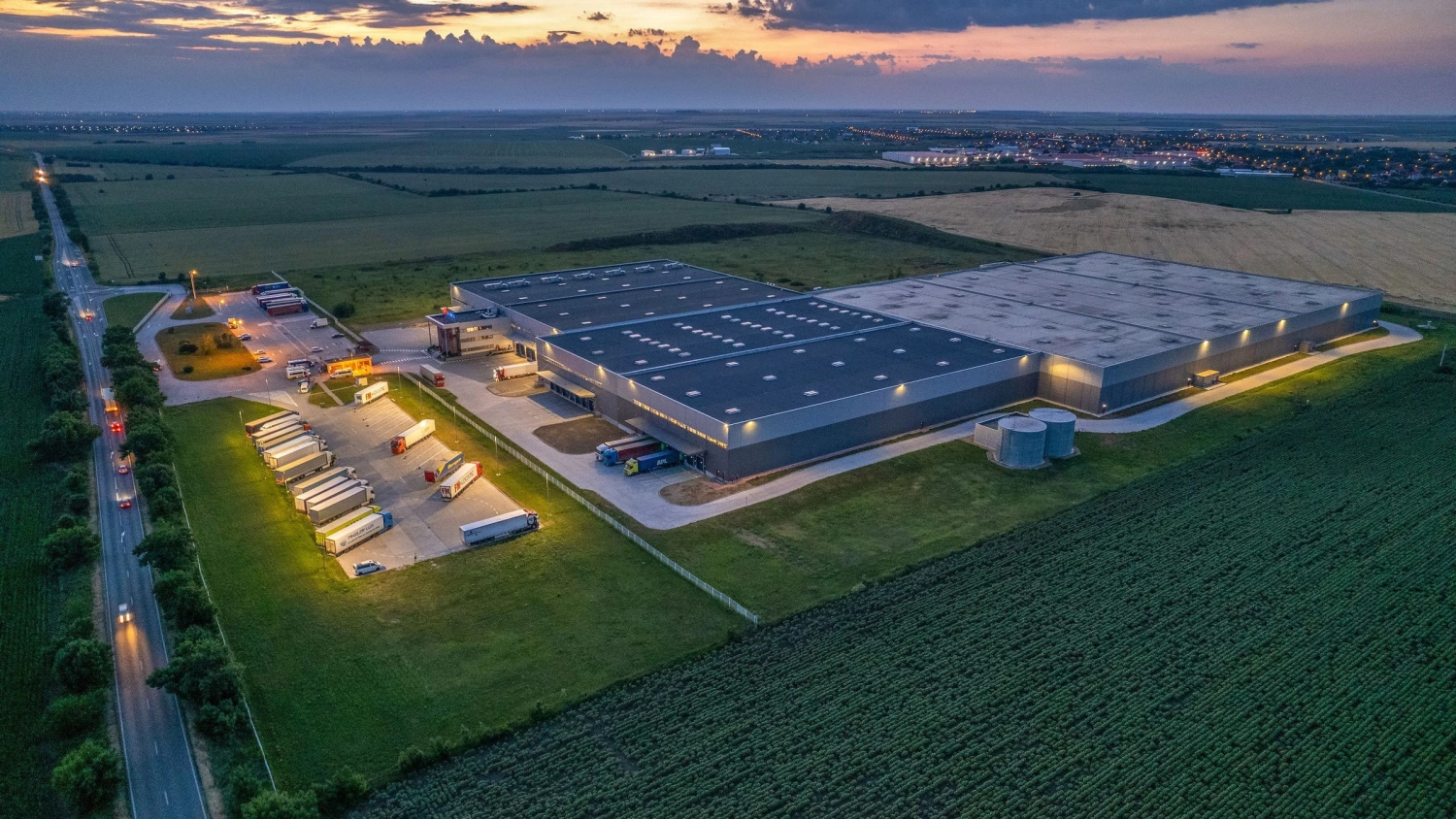
Leasing of industrial and logistics spaces in Romania amounted to around 620,000 sqm in 2024, down by around 20% compared to the near-record level reached in 2023. The overall stock rose by 400,000 sqm to 7.4 million sqm at the end of last year, according to a report by Colliers.
More than half of the industrial leases were completed in Bucharest and its surrounding areas, but this percentage is significantly lower than the decade-long average, due to strong demand in regional cities.
The vacancy rate remains low, at around 5% nationally, limiting tenants’ negotiating power, especially given the limited number of speculative developments. Rents have stabilized, and a built-to-suit (BTS) warehouse in a prime location is leased for €4.5–€5 per sqm in Bucharest and major cities.
The biggest deal of the year was the expansion of fashion retailer LPP, which leased 42,000 sqm of warehouse space in northern Bucharest, increasing its total footprint to over 130,000 sqm.
“One of its key advantages is the low labor cost relative to productivity, the best in the European Union in sectors such as transport and warehousing. Even after the wage increases of the last decade, Romania remains competitive at both the European and global levels, attracting more and more companies looking to expand their presence in the region,” said Victor Coșconel, Partner | Head of Leasing | Office & Industrial Agencies, at Colliers.
If before the pandemic the annual leasing volume was below 500,000 sqm, the 2024 result confirms a growing market.
“The entry of renowned developers such as Garbe (Germany) and Hillwood (US) into the market, along with increasing investments from local players, indicates a positive dynamic and solid growth prospects. Additionally, for the second consecutive year, a third of the leased spaces were allocated to production, compared to just 10-15% in previous years, reflecting major investments in the industrial sector. However, many manufacturing companies prefer to own the spaces in which they operate, a trend that is shaping the long-term structure of the market,” he added.
Romania’s industrial sector is estimated to reach 8 million sqm by year-end but is still four times lower than Poland’s.
“Expanding to 11-12 million sqm by the end of the decade is a realistic goal. In the short term, however, economic, and political uncertainties may impact the pace of expansion, but large-scale transactions could bring positive surprises and support market activity,” concluded the Colliers’ representative.



